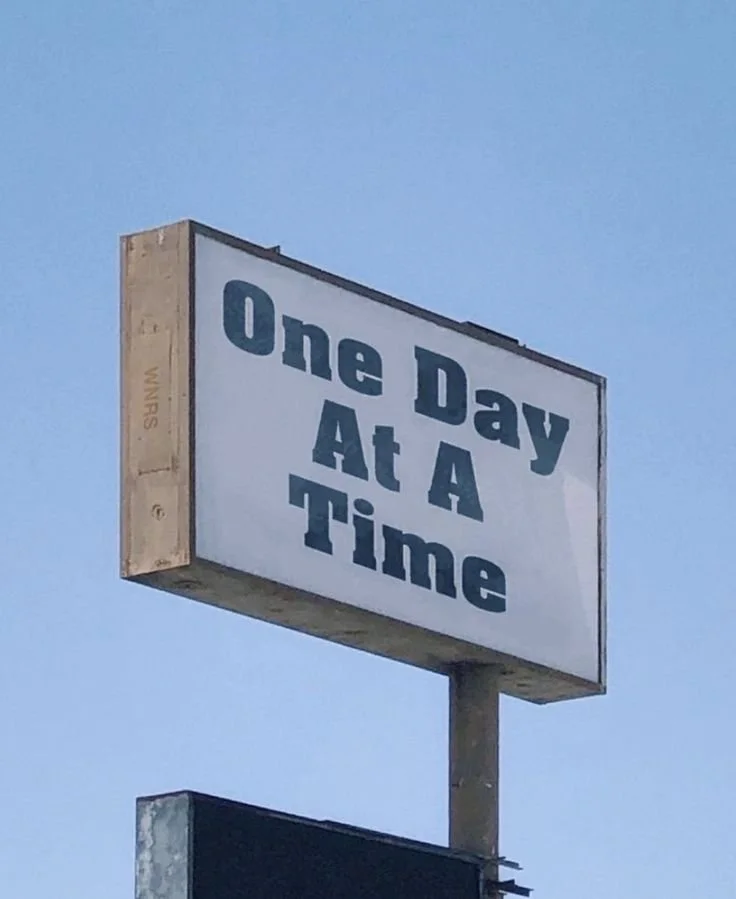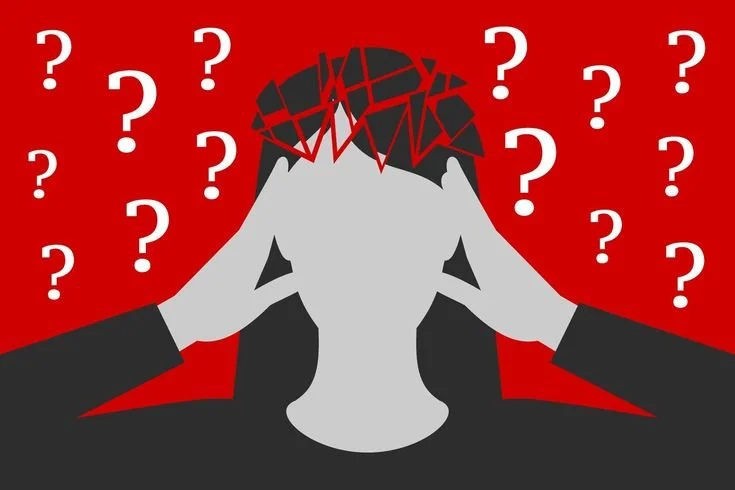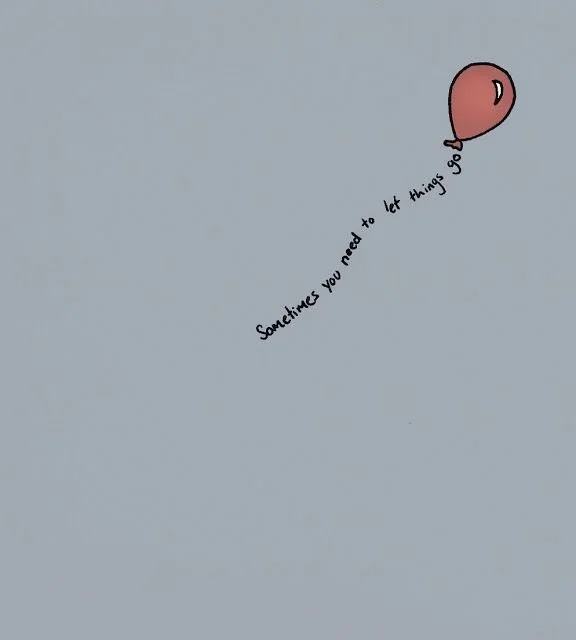The People Who Made This Year Brighter: A Tribute to Support Systems
As this year winds down, may you notice the hands that held you, the hearts that understood you, and the love that found you even in difficult moments.
You didn’t make it here alone, and that’s something beautiful.
Let’s step into the new year with a deeper appreciation for the people who make life more bearable, more meaningful, and more hopeful - simply by being who they are.
Here’s to support systems - the true heroes of our everyday lives.
Creating Our Pockets of Joy: Rethinking Happiness in a Busy World
What if today, you allow yourself even one small pocket of joy, intentionally?
A breath you actually feel. A moment you actually notice. A kindness you actually receive.
Happiness is not a grand transformation. It’s the accumulation of tiny, repeated choices to let life touch you.
Even now. Even here. Even on days that feel heavy.
Because joy doesn’t mean everything is perfect, it means something is still beautiful.
Moving the Mind: How Exercise Nurtures Mental Health Beyond the Physical
When we see movement as something we owe ourselves instead of something we owe others, it becomes an act of self-compassion.
You don’t move to “fix” yourself. You move to come home to yourself - to reconnect with your strength, to remind your body and mind that they belong to each other.
Exercise, in its most healing form, isn’t about transformation - it’s about integration. It brings you back into sync with your breath, your emotions, and your sense of being alive.
So maybe today, don’t think of it as a workout. Think of it as a conversation - between you and your body, your mind, your heart.
Because every time you move, you’re not just changing your body - you’re gently shifting your mind toward calm, balance, and hope.
The Pressure to Be Okay: Letting Go of the Need to Feel Fine All the Time
There is strength in softness. There is courage in honesty. And there is grace in admitting that sometimes, we’re not okay - and that’s okay.
When we stop striving to look “fine,” we begin to live more authentically.
We reconnect with our humanity - the tender, resilient, imperfect parts that make us real.
So, if today feels heavy, take a breath.
You don’t have to have it all together.
You don’t have to be okay to be worthy of care, rest, or compassion.
Sometimes, simply allowing yourself to not be okay - is the most healing thing you can do.
Fear: The Quiet Force That Shapes Us, and How to Live Beyond It
We like to think of fear as something we feel only in moments of danger. But often, and silently, fear lives in the everyday - in our relationships, our work, our hopes for the future. It’s in the hesitation before we say how we really feel. It’s in the decision we avoid making because we’re afraid of what it might set in motion. It’s in the way we hold on too tightly to people or roles because we can’t imagine life without them.
Decision Fatigue: Why We Struggle to Make Choices and How to Cope
Every day, we’re faced with decisions - what to wear, what to eat, when to respond, how to phrase that message, whether to say yes, whether to say no.
Some decisions are small and automatic.
Others feel heavy, layered, and exhausting.
By mid-day (or sometimes, mid-morning), we may find ourselves scrolling mindlessly, putting things off, or feeling inexplicably irritable - unable to choose what once seemed simple.
This isn't laziness or indecision. It’s something very real: decision fatigue.
“Not Good Enough”: The Quiet Belief That Dims Even the Brightest Light
The world doesn’t need a more polished, perfect, or “proven” version of you - it needs a realer one.
One that knows growth isn’t the opposite of enough-ness - it’s born from it.
So the next time your mind says, “I’m not good enough,”
Pause.
Breathe.
And remember: That voice is loud, but it isn’t the truth.
You are already becoming, just by being here.
The Art of Forgiveness: Letting Go for Your Mental Health
Forgiveness is not a final destination, it's a quiet, powerful practice.
It’s how we reclaim parts of ourselves that were shaped by pain.
You don't have to do it all at once.
You don't have to feel ready.
You just have to know: it’s okay to want peace more than you want closure.
Letting go doesn't mean it didn't matter.
It means you matter enough to stop holding on.
That Restless Feeling You Can’t Quite Name? It Might Be FOMO.
FOMO isn’t evidence that your life is lacking.
It’s evidence that you’ve temporarily lost touch with your own center.
And the antidote? It’s not chasing more. It’s coming back to you.
To what feels right in your body.
To what gives your life meaning.
To what’s unfolding quietly but beautifully in the life you’re already living.
Building Healthy Boundaries A Lifelong Skill for Emotional Well-being
Sometimes we give so much of ourselves—to our work, our relationships, our families—that we begin to feel stretched thin, even invisible. We say yes when we mean no. We keep the peace at the cost of our own. And slowly, almost without realizing it, we lose touch with our own needs.
Healthy boundaries aren’t about shutting people out—they’re about coming home to yourself. They help you feel safe, valued, and respected—in your own skin and in your connections with others.
If you’ve been feeling emotionally exhausted, taken for granted, or unsure where you end and others begin, this may be the nudge you need. Learning to set and honor your boundaries isn’t selfish—it’s a powerful act of self-respect and healing.
And the good news? It’s a skill you can learn—one step, one conversation, one boundary at a time.











